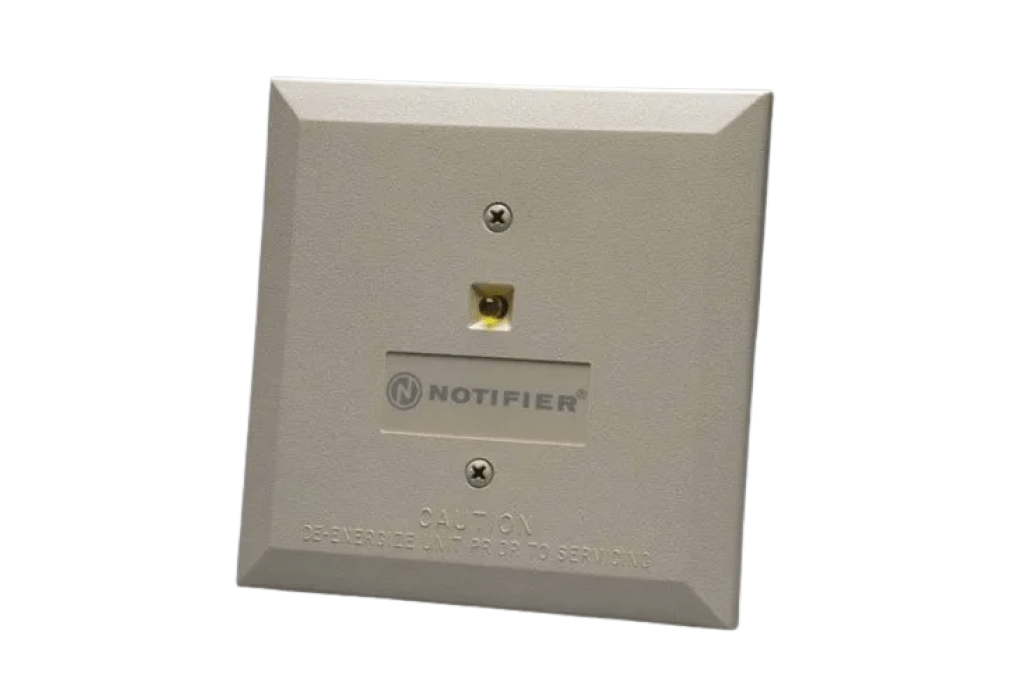
FAULT ISOLATORS
Brands
- HONEYWELL
- MORLEY
- SYSTEM SENSOR
- NOTIFIER
- GST
- & Many More
In fire fighting, “fault isolators” are devices used in fire alarm systems to detect and isolate faults or malfunctions that may occur within the system. These faults can include issues such as short circuits or open circuits in the wiring, faulty devices, or other abnormalities that could compromise the proper functioning of the fire alarm system.
The primary purpose of fault isolators is to ensure the reliability and integrity of the fire alarm system. By isolating faulty zones or circuits, the rest of the system can continue to operate correctly, maintaining fire detection capabilities in other areas of the building.
Here’s how fault isolators work:
Monitoring Zones or Circuits: Fault isolators monitor specific zones or circuits within the fire alarm system. Each zone typically covers a specific area or section of the building.
Detecting Faults: When a fault occurs in one of the monitored zones or circuits, the fault isolator detects the issue. Common faults include short circuits (an unintended connection between two conductors) or open circuits (a break or disconnection in the wiring).
Isolating the Fault: Upon detecting a fault, the fault isolator takes action to isolate the problematic zone or circuit. It does this by breaking the connection between the faulty zone and the rest of the fire alarm system.
Preventing System-wide Failure: By isolating the faulty zone or circuit, the fault isolator prevents the entire fire alarm system from failing due to a single fault. This feature is essential to ensure that the system remains operational in other areas, maintaining fire detection capabilities throughout the building.
Signaling the Fault: In addition to isolating the fault, the fault isolator may also send a signal to the fire alarm control panel, indicating the specific zone or circuit where the fault has been detected. This signal helps technicians or firefighters identify and address the issue more efficiently.
Fault isolators add an extra layer of protection and reliability to fire alarm systems, ensuring that the system remains operational even if faults occur. Regular maintenance, testing, and inspection of the fire alarm system, including the fault isolators, are essential to ensure their proper functioning and adherence to fire safety standards.
Overall, fault isolators contribute to the effectiveness of fire fighting and fire safety efforts by reducing downtime and ensuring that fire detection and alarm capabilities remain available when needed most.


